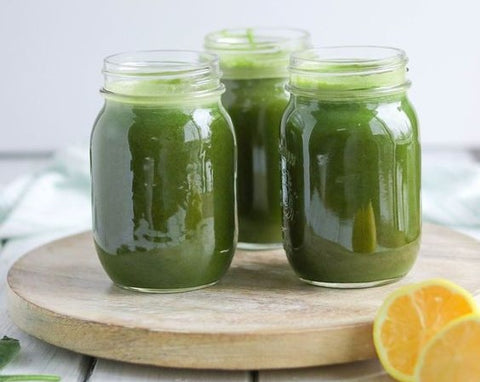For years now , the mass media have been leveraging consumer psychology to propose theories on apparently healthy eating and exercises to do in the gym to lose weight. However, it is important to always remain attentive and vigilant, because social media also spread fake news or deceptions which can also damage the health of those who trust them. Let's dispel the main myths that are (falsely) spread on the web for a few more clicks.
The “everything now”
First of all it is important to remember that any method that guarantees to get shocking results in a few weeks, days, or even hours; it can be classified as a deceptive promise . A healthy lifestyle must be a life path, precisely, which accompanies constant growth, made up of ups and downs. In most cases, the proposed weight loss methods involve exaggerated diets, excessive calorie restrictions and extreme workout plans. This can lead to loss of water retention or muscle mass , therefore a simple temporary impression of loss of fat mass.
But, even if they actually lead to rapid weight loss, the final result would still be negative and harmful, with the main side effects being: dehydration, slowed metabolism and nutritional deficiencies.
In fact, it is important to remember the uniqueness of each person, everyone has a different body constitution, weight and state of health. These elements must be kept in mind to create a suitable lifestyle , with gradual changes that allow the body to adapt and adjust over time.

The “no carb, no stress”
The no-carb diet has become one of the trendiest online, the idea is to reduce or even eliminate carbohydrates from your diet to get your body to burn fat for energy . Obviously, in addition to being fictitious, this trend can also be dangerous, because it can lead to various consequences.
First, it can cause nutritional and energy deficiencies, because carbohydrates are the body's primary source of energy, limiting their intake also limits your ability to live your life at 100% strength. When carbohydrates are scarce, the body begins to break down stored fats instead of carbohydrates to meet its energy needs. This process produces ketones, ketosis can cause nausea, headaches and kidney problems.
Eliminating an entire group of macronutrients, such as carbohydrates, leads to an unbalanced diet. Rather, it is preferable to include complex carbohydrates such as grains or vegetables, rather than simple ones, such as sweets or carbonated drinks.

The “Cleanse your body, cleanse your mind”
The concept of detox has become a real online trend , with several influencers starting to promote cleansing practices associated with weight loss for general well-being. However, nutritionists and doctors have never reached a real agreement on the benefit of these practices , in fact there is not enough scientific evidence to support this hypothesis.
However, there is scientific evidence of the dangers of some detoxes , such as the juice cleanse, which can cause loss of muscle mass, decrease in nutrients and weakening of the immune system . In fact, the juice cleanse involves consuming only fruit and vegetable juices for a few days, however juices tend to have a low protein and fat content, which are essential for the correct functioning of the body and their absence can be perceived as a general weakness. Juice cleanses also lack fibre, which is essential for our system because it helps control cholesterol and blood sugar levels.
It is therefore good to remember that our body is already equipped with its own detox system , which takes place in the liver and kidneys, this process can be "helped" with regular physical exercise, associated with a healthy and well-balanced diet, and not to extreme and potentially harmful diets.

Finally, the most important thing to keep in mind is that well-being also means guaranteeing our body (and our mind) to be able to satisfy some whim here and there, health does not necessarily have to be a burden. You can start with some healthy little habits and, don't forget, even some small snacks !



